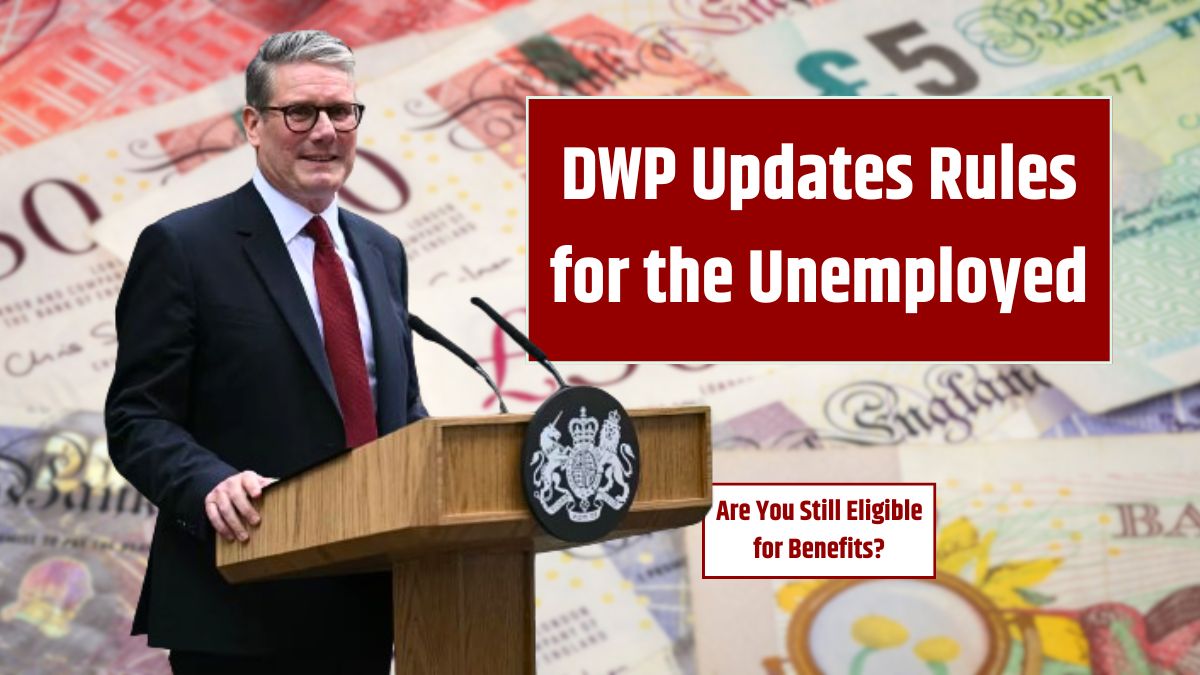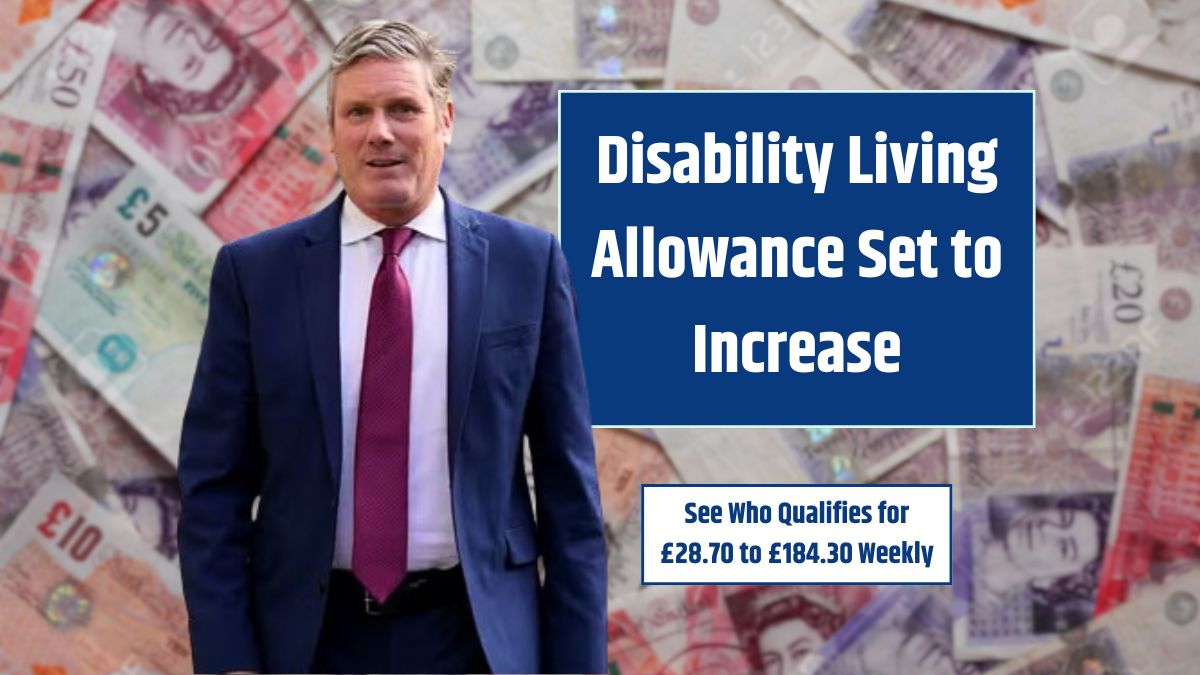The UK’s benefits system is going through its biggest shake-up in years. In 2025, the Department for Work and Pensions (DWP) rolled out major reforms that impact millions of people claiming Universal Credit, Personal Independence Payment (PIP), and other welfare programs. These changes could affect how much support you get, how long you can receive it, and what you need to do to qualify.
If you’re claiming benefits or plan to, now’s the time to know the new rules and how they affect you.
Reasons
Why is this happening? The government says it’s trying to simplify the system, reduce dependency, and save money. Chancellor Jeremy Hunt has set a goal to cut £6 billion from welfare spending by 2030.
At the same time, critics argue these changes hit the most vulnerable the hardest. Advocacy groups warn that people with disabilities, especially younger claimants and those with hidden conditions, may be left behind.
Health
One of the biggest changes is to the health element of Universal Credit—the extra payment for people with long-term health issues or disabilities.
Starting June 2026:
- New claimants will get £50 per week.
- Existing claimants will continue to receive £97 per week.
- Both amounts are frozen until 2029/30.
What does this mean in real life? If prices keep rising, your money won’t go as far. The £50 could feel more like £40 in just a couple of years.
Assessment
The Work Capability Assessment (WCA) is being phased out by 2028. For years, this test decided who was too unwell to work. But it’s being replaced with a simpler—but stricter—system.
Now, if you’re already getting PIP, you may qualify for extra help through Universal Credit.
But here’s the catch: if you don’t get PIP, you might miss out—even if you have a serious condition. This could hurt people with mental health issues or hidden illnesses that don’t fit neatly into the PIP rules.
PIP
The Personal Independence Payment rules are also changing. From November 2026, you’ll need to score 4 or more points on one daily living task (like cooking, dressing, or taking medication) to qualify.
Previously, you could add points across several tasks. The new rule is stricter and may disqualify people with several low-impact conditions.
Example: If someone gets 2 points for medication and 2 for food prep, they’d have qualified before—but not under the new system.
Insurance
A brand-new benefit called Unemployment Insurance is replacing new-style Jobseeker’s Allowance (JSA) and Employment and Support Allowance (ESA).
To qualify, you must have paid enough National Insurance contributions. And it won’t last forever—most people will only get it for 6 to 12 months.
This mirrors systems in other European countries but could shut out low-income and self-employed people who haven’t contributed enough.
Under 22s
From 2026, people under the age of 22 won’t be eligible for the health element of Universal Credit—even if they have lifelong disabilities like autism or cerebral palsy.
This has sparked outrage from disability groups, who say it punishes young people for conditions they were born with and have no control over.
Affected
Who’s hit the hardest?
- Current claimants: You’ll keep the £97/week rate, but it’s frozen—so its real value will shrink over time.
- New applicants (after June 2026): You’ll only be eligible for £50/week and must go through PIP, which is getting tougher to pass.
- People on JSA or ESA: You’ll be moved to Unemployment Insurance. If you haven’t paid enough NI, you could receive less—or nothing.
Real-life example: Lisa, 34, has fibromyalgia. She’s been getting £97/week for years. If her claim ends and she reapplies in 2026, she may only get £50. And if she doesn’t qualify for PIP, she may get no health element at all.
Actions
What can you do now?
- Use a Benefits Calculator
Check your current and future entitlements at sites like entitledto.co.uk or turn2us.org.uk. - Watch for Migration Notices
If you’re on legacy benefits, DWP may send a notice asking you to switch to Universal Credit. Respond within 3 months or risk losing your payments. - Apply for PIP Early
Since PIP will replace the WCA, apply as soon as possible. It takes time—and appeals can be slow. - Get Support
Free help is available. Contact Citizens Advice, Scope, or local charities to get guidance on forms, appeals, and your rights.
These rule changes may seem overwhelming, but understanding them now gives you the best shot at protecting your income and planning ahead. Don’t wait until it’s too late—take action now to stay ahead of the curve.
FAQs
When does the £50 health rate start?
June 2026 for new Universal Credit claimants.
Is the Work Capability Assessment ending?
Yes, it’s being phased out by 2028.
What replaces ESA and JSA?
Unemployment Insurance, based on NI contributions.
Can under-22s get health element?
No, not from 2026 onwards.
How is PIP eligibility changing?
You must score 4+ points in one daily task.






















